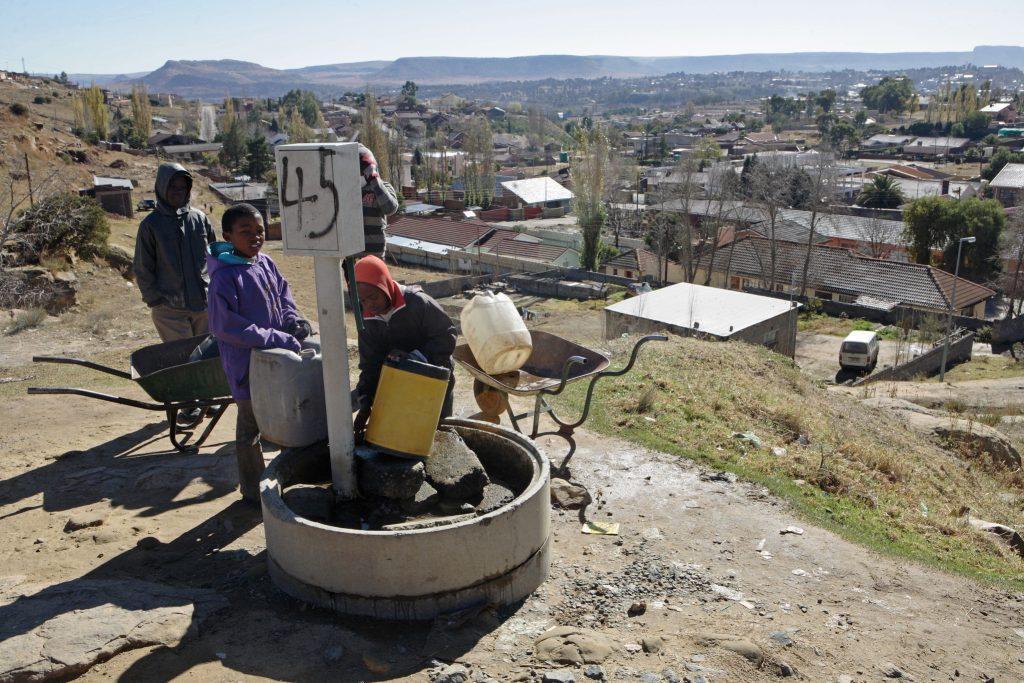Africa-Press – Lesotho. THE Lesotho Lowlands Water Development and Sanitation Project Phase lll (LLWDSP) has established community-based information structures. The committees, built up of members of the local government councils, are meant to facilitate the smooth flow of information between the affected communities and the project.
Present at the unveiling meeting on Monday in Butha-Buthe were district administrators, district council secretaries, community council secretaries and principal chiefs.
The formation of these committees is to make sure that the project becomes a great success, serve as the middleman between the LLWDSP and the communities affected by the project.
On the other hand they will help bring solutions to the community’s grievances. Not only will these committees work on the grievances but they will also help make the project benefit everyone, according to environment social specialist Mosiuoa Mohlouoa.
He said the aim is to keep good relations between the community and the LLWDSP, adding that he believed that if they work closely together things would be easier.
“I want to assure you that the formation of these committees will play its role of making sure the project is completed, putting everyone into consideration,” Mohlouoa said.
The grievance redress committee will help bring solutions to any problems that may occur along the journey of the project, he said. Mohlouoa said this is to make sure that everyone is able to express their worries within the work place.
“We want to avoid by all means that any grievance must end in the courts of law or worse resulting in the delay to work,” Mohlouoa said.
The committee members will be trained on how to solve problems according to how the LLWDSP usually works towards such cases. The Project Manager, ’Mamathe Makhaola, said after completing the project every family is expected to have access to clean water.
She said the major aim is that everyone around the selected areas should live within a clean environment hence they are planning to build about 713 improved toilets for institutions in the area.
“The LLWDSP will also build toilets for 317 families that are in need and these committees will help in identifying those families,” Makhaola said.
On completion of this project the community will not only have access to clean water but they will also have a place where the sewage will be kept. “The very same sewage will be made usable to a community again, in the form of manure and many other things,” she said.
For More News And Analysis About Lesotho Follow Africa-Press






